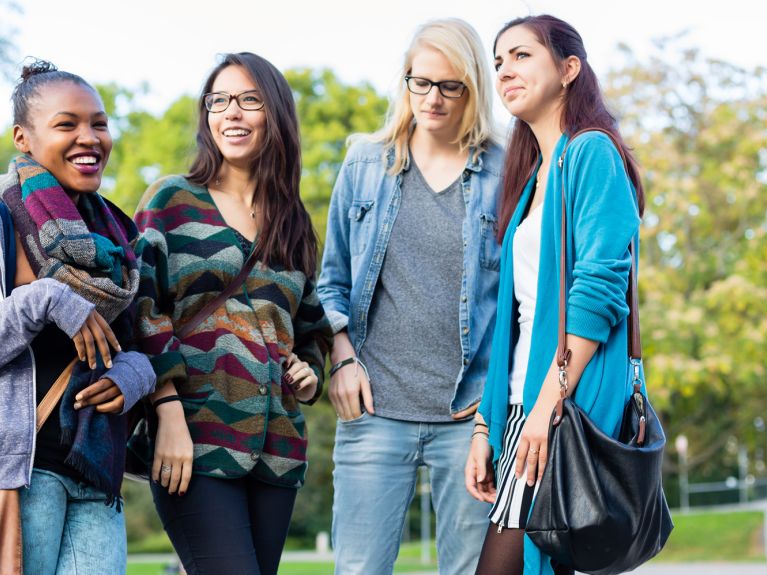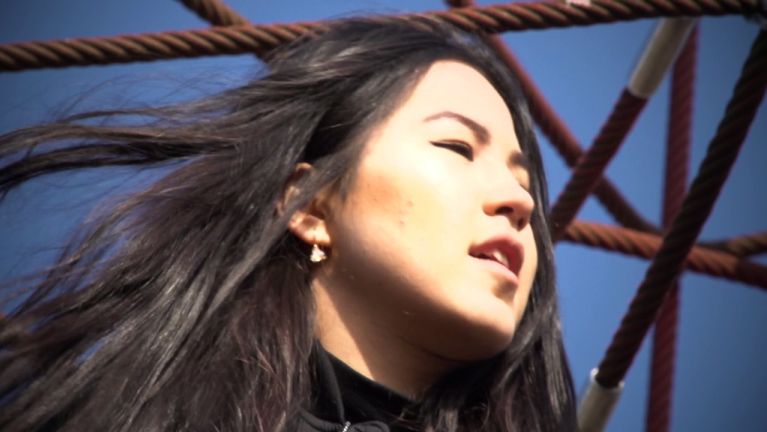Getting on well together
Getting involved instead of hanging around. How the Social City project is offering new perspectives to disadvantaged young people.

Germany. Every city is a microcosm of a world, and it is often the contrasts that add to the attraction. But economic developments and constant structural changes can lead to the exclusion of certain sections of the population. That is why social justice is an important aspect of urban development in Germany.
What is the aim of the Social City development programme?
Since 1999 the federation, the Länder, and local authorities have provided around 4.3 billion euros for investment in 441 cities and local areas. People from all walks of life, nationalities and generations should be able to live together happily in their local environments. Various projects are being funded, such as the integration of migrants, job advice for young people, neighbourhood projects, improvement of green areas and playgrounds for children or a barrier-free infrastructure for people with disabilities.
Why is there a focus on young people in 2018?
Disadvantaged young people are at the centre of the new development programme Youth Migration Services. The Family Ministry and the Construction Ministry are providing seven million euros for 16 projects – one in each federal state – up until 2021. The aim is to help young migrants to integrate more easily in their neighbourhoods and to improve life together for the diversity of people in socially underprivileged urban areas.
Dieses YouTube-Video kann in einem neuen Tab abgespielt werden
YouTube öffnenThird party content
We use YouTube to embed content that may collect data about your activity. Please review the details and accept the service to see this content.
Open consent formAre there practical examples of the Youth Migration Service in action in local areas?
One example is from Frankfurt am Main, where the social education workers Jannis Plastargias and Doris Kleffmann-Metz are heading a pilot project in the Gallus district. They are working to motivate young people aged between twelve and 27 to shape their own environment and to become socially and politically involved. By 2021 they want to realize around 15 campaigns each year, ranging from violence prevention to staging cheerful festivals. A video workshop is also being planned, so that young people can explore their neighbourhoods with the camera and at the same time learn how to make and process video films. ‘I think a lot of people are unaware of just how much they can bring about. Many people think that somebody else will take care of things anyway,’ says Mr Plastargias. ‘But our message is: Hey folks, you can do something too, so let’s organize things together.’

